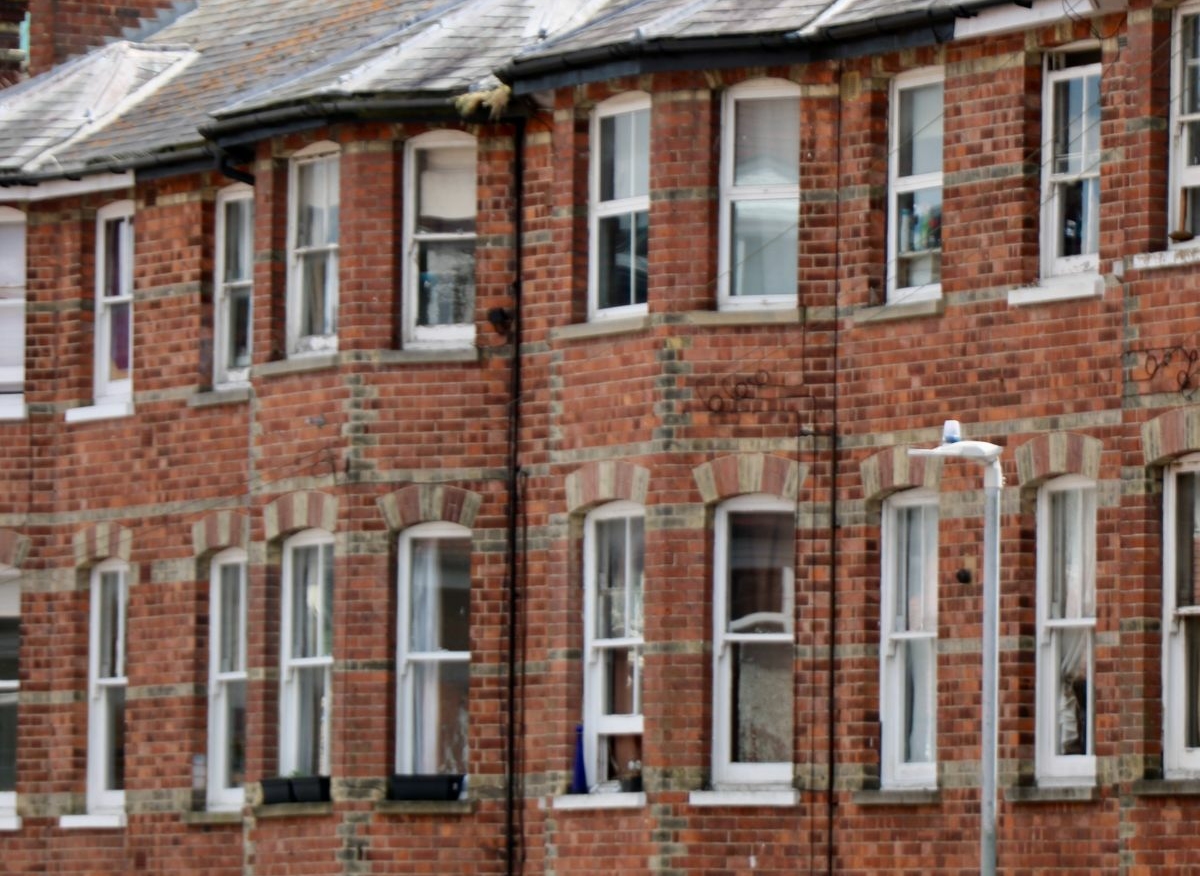
In a world of KPIs, data, reporting and targets, of which complaints management forms a part, Richard quite rightly reminded us about the true impact of a complaint in social housing, “When you have a complaint in housing, you are living with the issue, it’s a part of your home life. Being able to resolve the issue early in the process is a critical part of the vision for The Housing Ombudsman service.”
The Housing Ombudsman provides dispute support and advice prior to formal investigation, resulting in resolution of 80% of complaints before formal investigation. However, The Housing Ombudsman is more than the final stage in the complaints process. As important as that is, Richard highlighted that The Housing Ombudsman is an organisation that provides insight, learning and knowledge from their casebook. They plan to place a greater emphasis on supporting the sector in the months and years to come.
Learn from Richard Blakeway, The Housing Ombudsman as he explains the impact of the social housing white paper to landlords.
All change
There has been a great deal of change happening at The Housing Ombudsman; here are some highlights:
Complaint Handling Code (July 2020)
Because the complaints handling code is now made part of the revised scheme (see below), compliance with the code is part of being a member of the scheme, and membership of the scheme is a statutory obligation for any registered social landlord. This provides a joining up of accountability and governance to the code of practice.
Richard commented on how positively the sector has engaged with the code. The self-assessments against the complaint codes have been very beneficial, with some residents getting involved in the assessment and reporting results to boards. Richard recalled an example where the self-assessment was done twice to test improvements to the service and recommended that all landlords assess their own services at least once per year.
Revised Housing Ombudsman Scheme (September 2020):
The purpose of The Housing Ombudsman Scheme is to enable tenants and other individuals to have complaints about members investigated by the service. Following extensive consultation with residents, landlords and stakeholders. The Housing Ombudsman has:
- improved access to, and awareness of, the scheme
- introduced new Complaints Failure Orders, where there is a failure handling a complaint prior to formal investigation
- integrated the Complaints Handling Code in the scheme
A wider view
There is an increased focus on openness and transparency at The Housing Ombudsman, to promote accountability and increase insight through data. This includes publication of:
- Investigations (from March 2021)
- Landlord performance reports annually (December 2020)
These reports represent a chance for boards and senior leaders to reflect and feedback on organisational performance, provide benchmarking data, and provide performance information to residents.
- Thematic reports
These deep-dive reports are a resource for landlords to help improve their services. Including Responsive Repairs (March 2019) and more recently, Leasehold issues (September 2020). Richard remarked on the fact that the profile of leasehold issues has increased in the past few years, with 1 in 5 complaints received coming from a leaseholder.
There will be more in the future
Over the coming months and years, The Housing Ombudsman will develop their mediation services as part of the scheme, recognising and preserving the ongoing relationship between tenant and landlord:
“At the heart of our scheme is the tenant-landlord relationship, and I think it’s not just resolution of a complaint that is important, but the way in which the complaint is resolved. Being able to provide mediation as a service is beneficial to rebuilding and potentially strengthening that relationship. Because, whatever happens, in almost all cases, the resident will probably remain in that home, and they’ll probably remain with that landlord. Therefore, trying to rebuild that relationship is an important part of The Housing Ombudsman’s role as a dispute resolution service.”
Richard Blakeway, Housing Ombudsman
Systemic investigations
The Housing Ombudsman will publish a framework for systemic investigations shortly, setting out how those would be conducted. It’s important to keep in mind that The Ombudsman aims to be proportionate in the way they use their powers – referring to the governing body of the landlord before referring cases onto The Regulator.
“The Regulator really is the last resort for us as an organisation, and we want to give landlords the opportunity to put something right.”
Richard Blakeway, The Housing Ombudsman
The Housing Ombudsman’s website has useful guides and training for the new requirements. Richard sees the revised and planned role of their service as a central, essential resource for education, assessment, and improvement of social housing provision for regulatory bodies, landlords and for residents.
Watch the webinar with Richard Blakeway today.